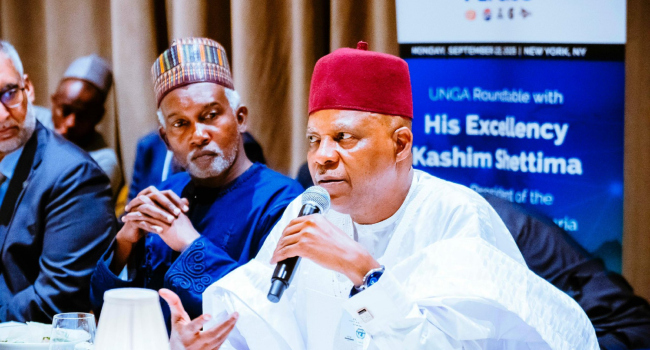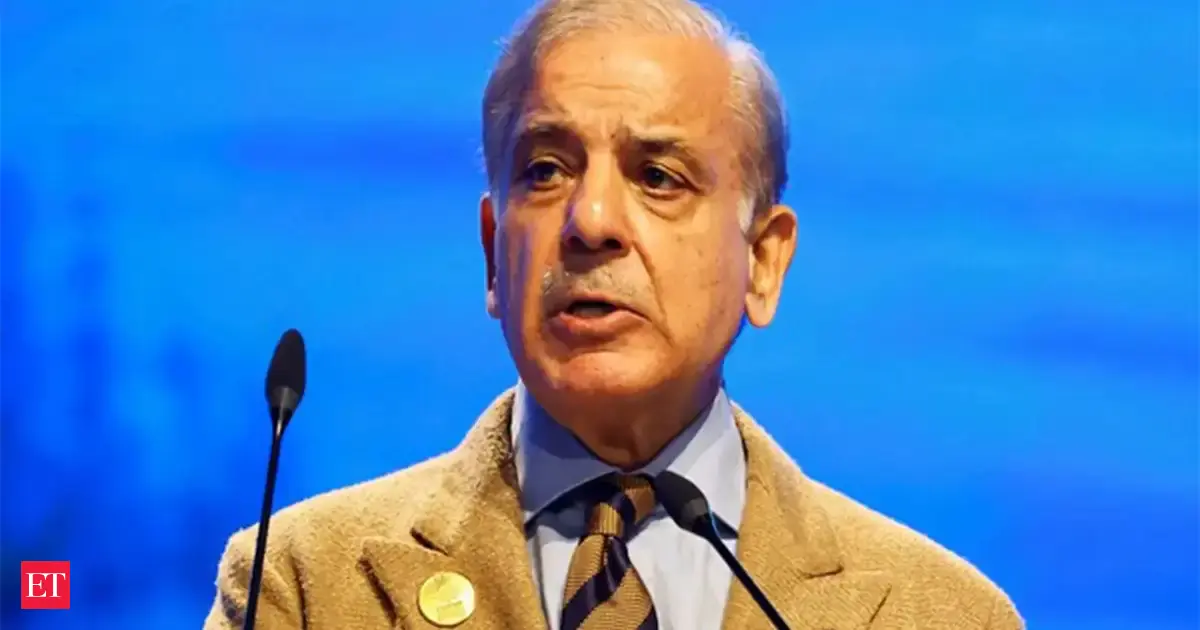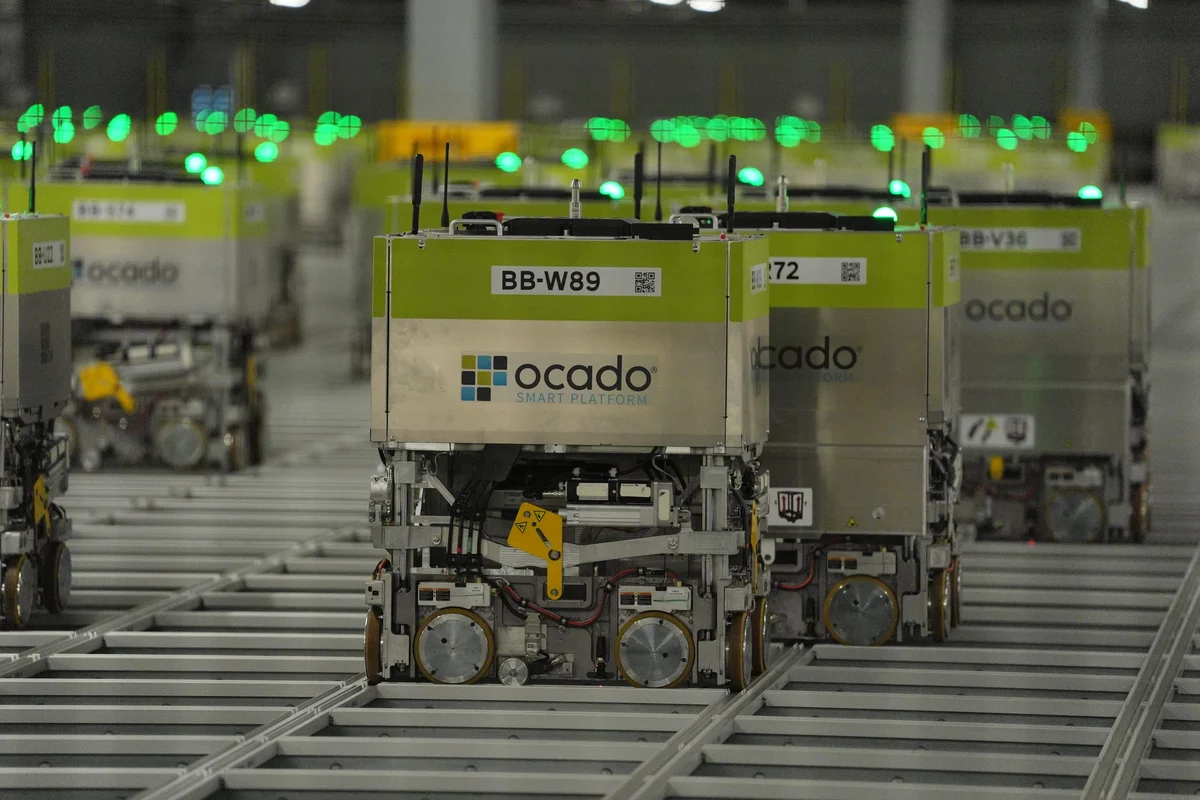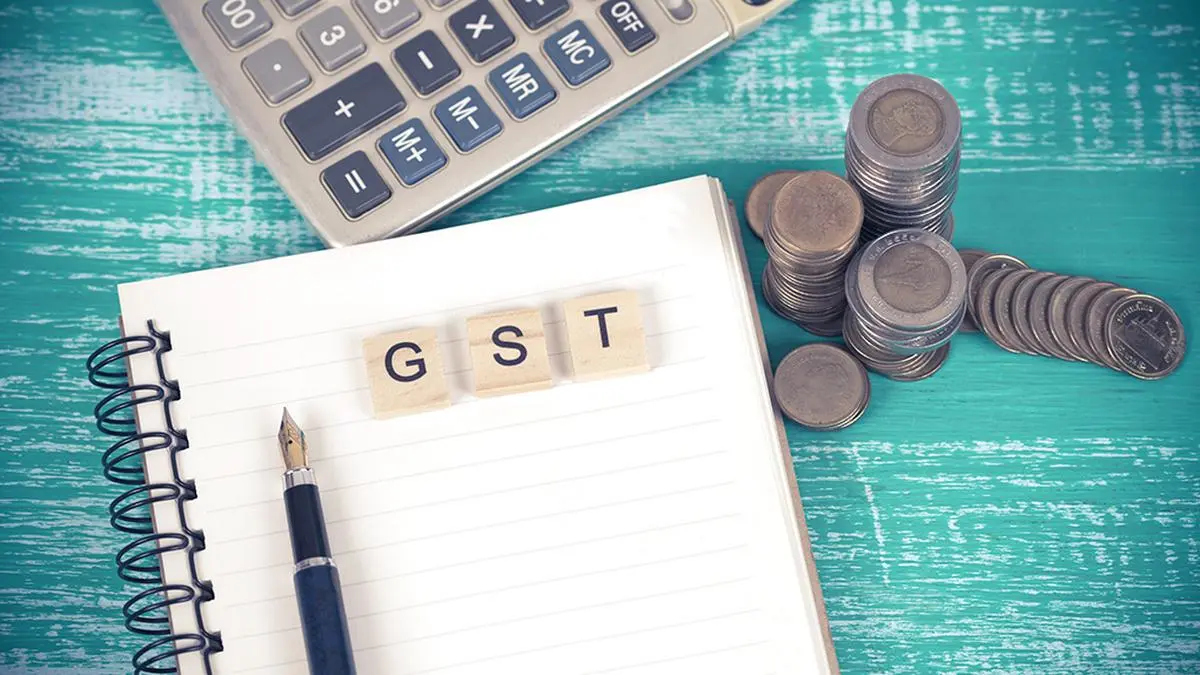By Opeoluwani Akintayo
Copyright channelstv

Vice President Kashim Shettima on Tuesday showcased Nigeria’s 200-billion-dollar energy transition opportunity to investors at the United Nations General Assembly, New York City.
At the Roundtable hosted by the Business Council for International Understanding (BCIU), he emphasised the need for “partnerships” to maximise the multi-faceted, multi-billion-dollar investment opportunities across the country.
“With 210 trillion cubic feet of gas reserves and one of the highest solar irradiation levels in Africa, Nigeria offers a 200-billion-dollar energy transition opportunity.”
The Vice President stressed that fiscal incentives and VAT waivers are de-risking investment in both traditional and renewable power assets, from gas-fired independent power plants to off-grid solar and clean hydrogen pilots.
Additionally, Shettima highlighted that while Nigeria faces a one-billion-dollar annual gap in transport, ports, and power infrastructure, through InfraCorp and the Nigeria Sovereign Investment Authority, the government is blending sovereign and private finance to fund metro lines, dry ports, and industrial corridors, building the backbone of West African trade and creating long-term revenue streams for investors.
He highlighted that Nigeria’s sovereign rating by Fitch and Moody’s implies the country is positioned as the natural hub for the African Continental Free Trade Area’s (AFCFTA) 3.4-trillion-dollar market.
“Special Economic Zone clusters now host over five billion dollars in installed industrial capacity, with backward-integration incentives and AfCFTA corridors opening a multi-billion-dollar continental market.
“These reforms are transforming Nigeria into Africa’s production floor and innovation lab,” he added.
READ ALSO: UNGA 80: Tinubu Calls For African Investment In Minerals, Stronger Global Role
Fitch Ratings, in April 2025, had upgraded Nigeria’s outlook to Stable from Negative, highlighting renewed confidence in the Tinubu administration’s commitment to far-reaching policy reforms.
While Nigeria’s long-term foreign currency rating remained at ‘B’ at the time, Fitch said the economic direction taken since mid-2023 is starting to bear fruit.
The reforms—exchange rate liberalisation, tighter monetary policy, removal of fuel subsidies, and an end to deficit monetisation—have improved macroeconomic credibility, reduced distortions, and enhanced resilience to shocks.
The Vice President maintained that Nigeria hosts 44 commercially viable minerals worth over $700 billion under a new beneficiation and security regime.
He urged investors to secure early positions in Nigeria’s lithium, gold, bitumen, and rare earths, which, according to him, are critical to the global green transition.



